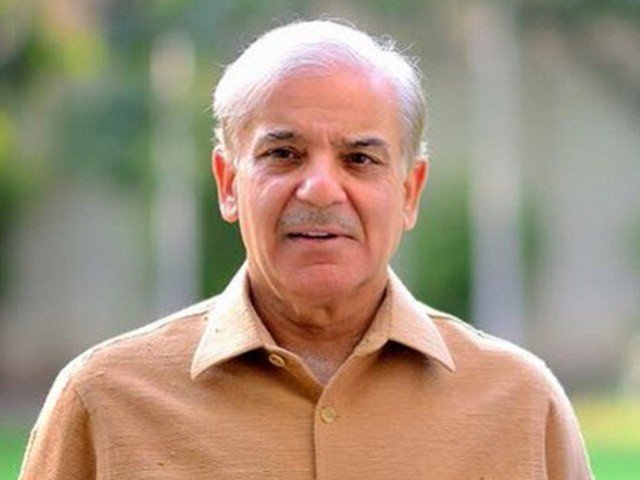ISLAMABAD, December 15: Foreign Minister Shah Mahmood Qureshi on Wednesday said by holding the meeting of the Organization of Islamic Cooperation (OIC), Pakistan was fulfilling its responsibility to timely warn the world that its inaction on Afghanistan would lead to a big humanitarian crisis.
“Pakistan wants the world to realize that a humanitarian crisis and economic collapse of Afghanistan is inevitable if the world continued to show apathy towards the grave situation,” he said in a statement ahead of the OIC Council of Foreign Ministers, being held in Islamabad on December 19.
The foreign minister urged the international community to understand that any chaos and” anarchy in the wake of the humanitarian crisis in Afghanistan would lead to the strengthening of terrorist organizations”.
“All the efforts and foreign investment of 20 years in Afghanistan besides the loss of innocent lives will prove futile with the rise of a new wave of terrorism,” he said.
Qureshi recalled that during his meetings with his counterparts in New York and the recent meeting with the High Representative of the European Union, Josep Borrell in Brussels, he discussed in detail that Afghanistan would be facing a tough situation if the EU did not take any action.
He said the situation would not only affect Pakistan, but other countries of the region including Iran and Tajikistan, and even Europe. He said urgent steps by the United Nations, International Monetary Fund, and World Bank were the need of the hour.
He mentioned that several ambassadors who had served in Afghanistan including Ryan Crocker, former Commander of ISAF Forces General John F. Campbell, Commander US Central Command and Director CIA General David Petraeus, and Secretary State for Economic and Business Affairs Ambassador Earl Anthony Wayne were of the view that international sanctions on Afghanistan should be reviewed immediately.
Qureshi said 75 percent of the budget of Afghanistan was dependent on external assistance, however, pointed out that their monetary reserve of $9.5 billion was frozen. Also, their banking system of Afghanistan is not functioning at the moment, due to which overseas Afghanistan are unable to send their money to families back home, he said.
He said the two years of drought in Afghanistan, high cases of COVID-19, and unavailability of salaries for government employees posed a difficult future for the Afghan people. He said the UNDP and other international organizations had warned that in case urgent action was not taken, around 97 percent of Afghans will fall below the poverty line by mid-2022. – DNA
- Latest
- Trending




